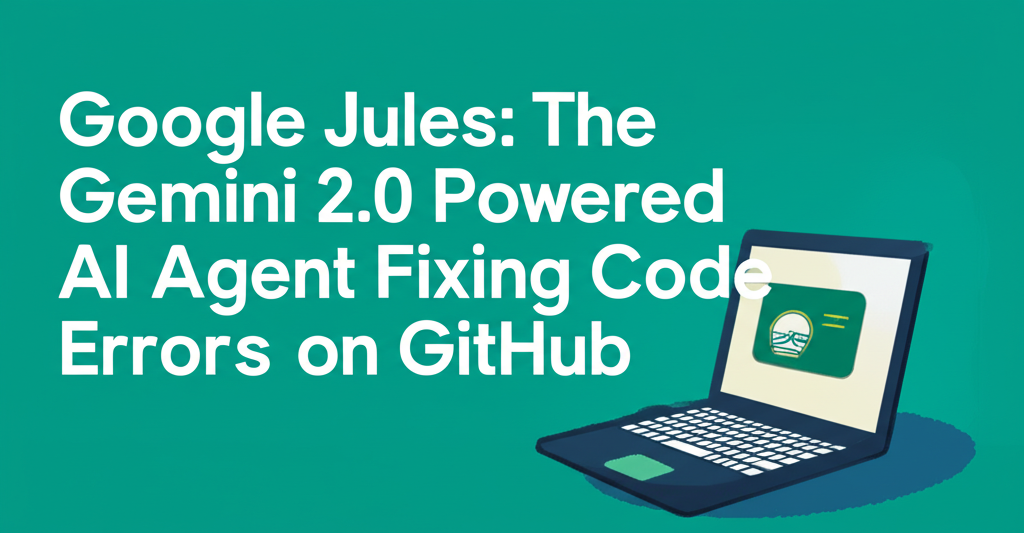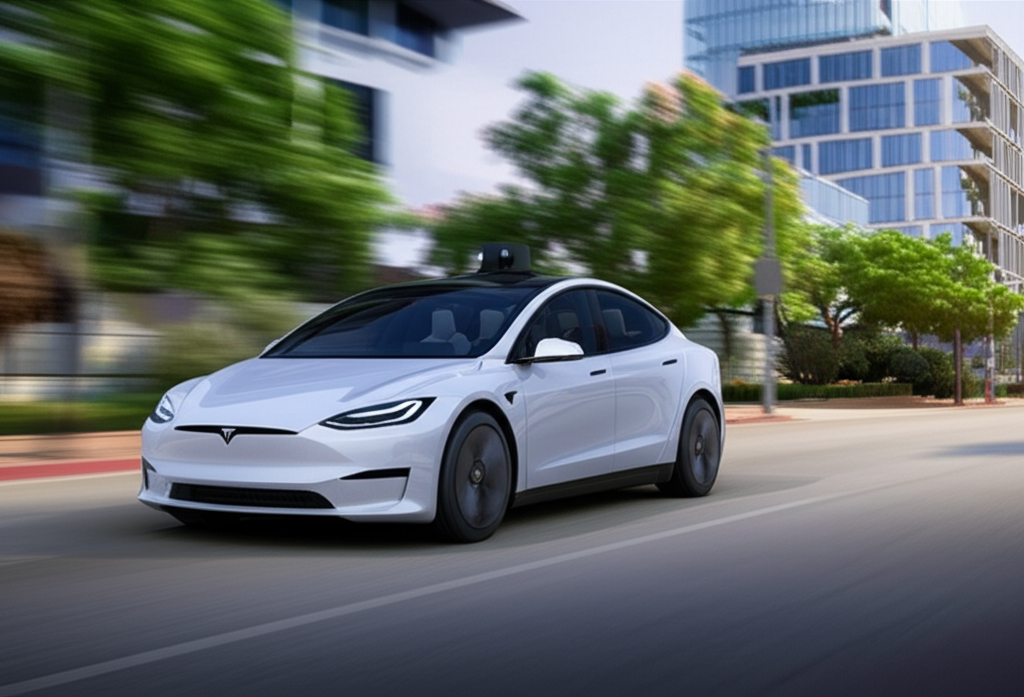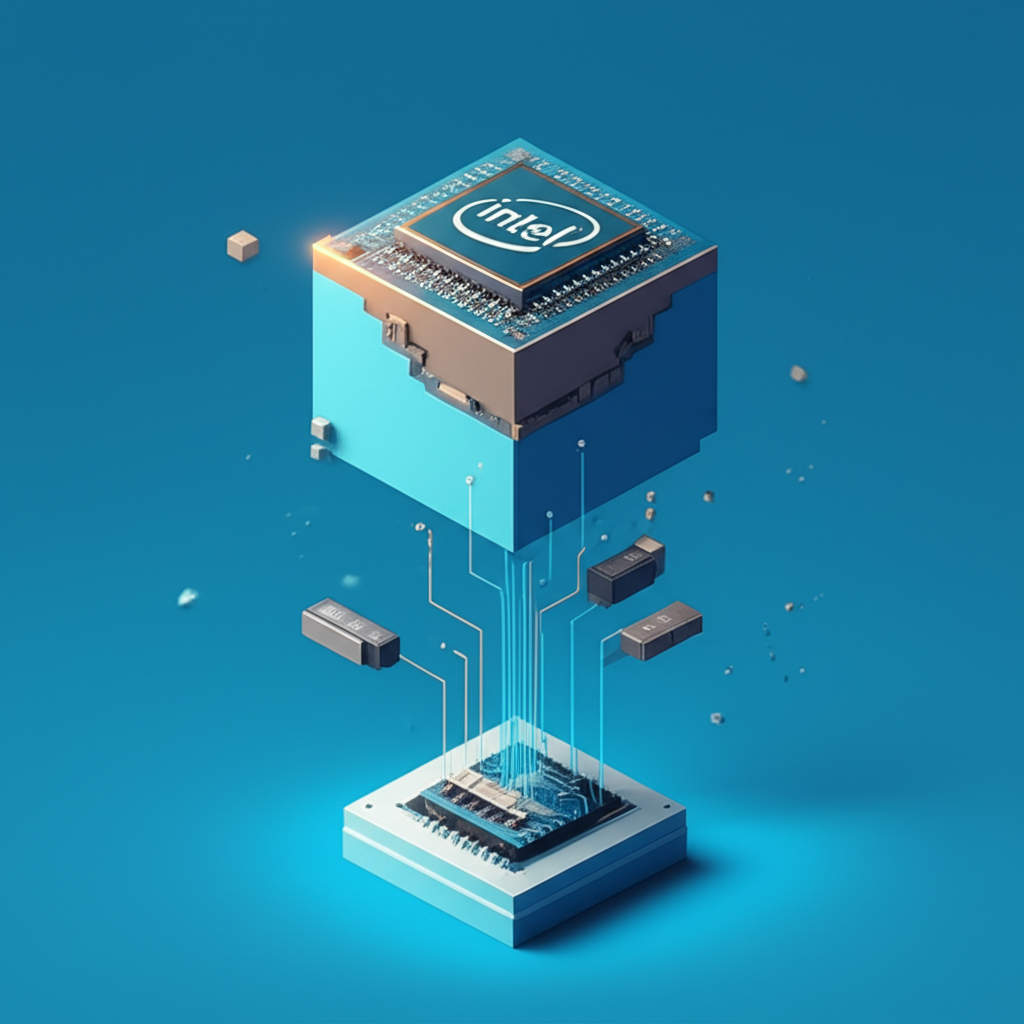Demis Hassabis: Gemini's Advanced Capabilities Pave the Path to AGI
The pursuit of Artificial General Intelligence (AGI) — the hypothetical point at which machines possess cognitive abilities comparable to or exceeding those of humans across a wide range of tasks — remains one of the most ambitious goals in the field of artificial intelligence. While the definition of AGI is often debated and can be somewhat fluid, it generally implies a level of flexibility, learning, and problem-solving that goes far beyond the narrow expertise of today's most advanced AI systems. At the forefront of this pursuit is Google DeepMind, led by CEO Demis Hassabis, a figure whose career has been dedicated to understanding and replicating intelligence.
According to Hassabis, reaching this elusive state of AGI will necessitate the honing and integration of several key capabilities, many of which are beginning to manifest in Google's flagship Gemini models. These capabilities represent a significant leap beyond the pattern matching and statistical correlations that underpin much of current large language model performance. Instead, they point towards systems that can genuinely understand, reason, plan, and interact with the world in a more dynamic and human-like manner.
Speaking ahead of Google's annual I/O event, where the company unveiled a suite of AI upgrades and new products, Hassabis articulated a vision for AI that transcends the current paradigm of conversational chatbots. He suggested that the way we currently interact with AI — primarily through text-based interfaces — is merely a "transitory period" on the journey towards more sophisticated and integrated AI systems.
The I/O event itself provided concrete examples of the direction Google is taking, showcasing upgraded versions of Gemini Flash and Gemini Pro, Google's faster and more capable models, respectively. Hassabis noted that Gemini Pro demonstrated superior performance on benchmarks like LMArena, indicating progress in core AI abilities. However, the truly compelling demonstrations focused on experimental offerings that hinted at the future: AI systems endowed with nascent reasoning, agentic capabilities, and the ability to build internal models of the physical world.
Hassabis posits that these developing capabilities within Gemini are not just incremental improvements but fundamental building blocks required for AI to achieve human-level intelligence. He envisions a future where these abilities enable highly capable and proactive personal assistants, truly useful humanoid robots capable of navigating complex environments, and ultimately, AI that can match human cognitive prowess.
The Pillars of AGI: Reasoning, Agency, and World Modeling
Hassabis identifies three core capabilities as essential for the path to AGI:
- **Reasoning:** The ability to break down complex problems, deliberate over information, and arrive at logical conclusions.
- **Agency:** The capacity to take action, make decisions, and pursue goals autonomously based on understanding and reasoning.
- **World Modeling:** The skill to build and maintain an internal representation of the physical and abstract world, understanding how things work and predicting outcomes.
These capabilities move AI beyond simply generating text or recognizing patterns towards systems that can understand context, plan sequences of actions, and learn from interactions with their environment. Google's recent announcements and research provide glimpses into how they are pursuing each of these pillars.
Deep Think: Enhancing AI Reasoning
At the I/O event, Google introduced Deep Think, an advanced form of simulated reasoning being integrated into the Gemini Pro model. While current large language models can perform impressive feats of logic and problem-solving, their process often involves generating potential solutions and checking them, or relying on patterns learned during training. Deep Think aims to make this process more deliberate and robust, mimicking aspects of human thought.
Tulsee Doshi, product lead for the Gemini models, explained that Deep Think utilizes more computational resources and incorporates undisclosed innovations to improve upon existing reasoning techniques. This allows the model to "deliberate" over problems, exploring different angles and potential solutions in a way that more closely resembles conscious thought processes rather than instantaneous, pattern-driven output. Improving reasoning is crucial for AI to tackle novel problems, understand complex instructions, and make sound judgments in uncertain situations.
Agentic AI: From Chatbots to Doers
The concept of AI agency refers to a system's ability to act independently to achieve a goal. Today's chatbots are largely reactive; they respond to prompts but don't initiate actions or manage complex tasks over time. Agentic AI, in contrast, can understand a high-level goal, break it down into sub-tasks, plan a sequence of actions, execute those actions (often by interacting with other software or systems), and monitor progress.
Google demonstrated this direction with Mariner, an experimental agent designed for the Chrome browser. Mariner is envisioned as a tool that can perform multi-step chores — such as researching and purchasing items online — based on a user's command. This moves AI from being a conversational partner to an active participant in digital tasks. Mariner is being offered as a "research preview" through a new, high-tier subscription plan, indicating its experimental nature and the complexity involved in building reliable agents.
Another example of developing agency is seen in the more capable version of Google's experimental assistant, Astra. Astra, which can perceive the world through smartphone cameras or smart glasses, is evolving beyond simply conversing about its surroundings. The updated Astra can now operate a smartphone interface, using apps and searching the web to gather information or perform tasks relevant to the user's context. Google showcased Astra helping a user identify bike parts and find information needed for repairs, illustrating its ability to integrate perception, understanding, and action in a real-world scenario.
Both Doshi and Hassabis emphasized the challenge of making future AI assistants proactive without becoming annoying. A truly helpful agent needs to anticipate user needs — perhaps by automatically initiating a web search when relevant — but must do so intelligently and non-intrusively. Developing this nuanced sense of timing and relevance is a key aspect of building effective agentic systems.
World Modeling: Understanding Reality
Perhaps the most fundamental capability for AGI, according to Hassabis, is the ability to build and utilize an internal model of the world. Biological intelligence, he argues, relies heavily on understanding how the physical world works — the laws of physics, the properties of objects, the consequences of actions. Current AI models, while vast in their knowledge, often lack this deep, intuitive understanding of reality.
Astra's ability to converse about and interact with its environment depends on its developing capacity to model the physical world. It needs to understand spatial relationships, object permanence, and the effects of actions. This world modeling capability is not only crucial for assistants operating in the real world but is also, Hassabis believes, essential for enabling humanoid robots to function reliably outside of controlled factory settings.
DeepMind is actively collaborating with humanoid robot manufacturers like Apptroniks. While the hardware for humanoid robots is advancing, their widespread utility is currently limited by their lack of general intelligence. They struggle with unpredictable environments and tasks that require flexible problem-solving. Hassabis argues that the missing piece is the "understanding of its physical context." A home robot, for instance, would need a sophisticated world model to navigate clutter, handle delicate objects, and understand the nuances of human interaction in an unstructured environment.
In March, Google introduced Gemini Robotics, a version of its model specifically designed to control robots. This initiative aims to provide robots with the cognitive capabilities — including elements of reasoning, agency, and world modeling — needed to operate more autonomously and effectively in the physical world.
Beyond Understanding: The Need for Inventiveness
While reasoning, agency, and world modeling are critical, Hassabis also stresses the importance of inventiveness for true human-level intelligence. He poses a challenging question: "Could [today's models] invent general relativity with the knowledge that Einstein had in 1900? Clearly not." This highlights a gap between current AI's ability to process and synthesize existing information and the human capacity for novel discovery and creative insight.
Google is exploring ways to foster greater inventiveness in AI. The company recently unveiled AlphaEvolve, a coding agent capable of discovering new and improved algorithms for long-standing computational problems. This demonstrates that AI can, in certain domains, generate solutions that go beyond human expertise.
Hassabis suggests that one promising avenue for cultivating broader creativity and inventiveness in AI is through structured interaction within realistic simulated 3D worlds. This approach echoes DeepMind's origins, where the company gained prominence by developing AI systems capable of mastering complex games like Go and chess (AlphaGo and AlphaZero).
The success of AlphaGo and AlphaZero stemmed from their ability to learn through self-play and build sophisticated internal models of the game. Hassabis believes this paradigm can be extended. Instead of just a "game model," AI needs to build a "world model." By training AI agents within rich, simulated environments that mimic the complexities of reality, they might develop a deeper understanding of causality, physics, and interaction, potentially leading to more creative and inventive problem-solving capabilities applicable to the real world.
The Shifting Timeline and Broader Implications
The question of when AGI might arrive is a subject of intense debate within the AI community. Some researchers and commentators predict its arrival within a few years, while others believe it is decades away or even an impossible goal. Demis Hassabis offers a perspective that falls somewhere in the middle.
He estimates that it may take five to ten years for machines to master the full range of capabilities that a human possesses. While this is not an immediate prospect — "it's not tomorrow or next year" — he notes that "That's still quite imminent in the grand scheme of things." This timeline suggests a period of rapid, transformative development in AI over the next decade.
The implications of achieving AGI, or even approaching it, are profound and far-reaching. As AI systems become more capable of reasoning, acting autonomously, and understanding the world, they promise to upend various aspects of life and industry.
Transforming Personal Assistance
The evolution from simple chatbots to proactive, context-aware agents like the envisioned Astra represents a significant shift in how we interact with technology. Future AI assistants could manage complex schedules, handle communications, provide real-time information based on perception, and even control devices and software on our behalf. This could lead to unprecedented levels of personal productivity and convenience, effectively giving everyone a highly capable, personalized digital assistant.
Revolutionizing Robotics
Pairing advanced AI capabilities with increasingly sophisticated hardware could unlock the potential of humanoid and other types of robots. Robots with a robust understanding of the physical world and the ability to reason and plan could perform complex tasks in unpredictable environments, from assisting in homes and hospitals to working alongside humans in factories and warehouses. This could address labor shortages, improve safety in hazardous jobs, and enable new forms of physical interaction between humans and machines.
Reshaping Information Access
Google's core business, search, is already being profoundly affected by AI. The introduction of AI-powered features like AI Mode and AI Overviews, which summarize search results, indicates a move away from simply providing links towards delivering synthesized information and performing tasks directly within the search interface. As AI reasoning and agency improve, search could become a more dynamic and interactive process, with AI agents actively seeking out and processing information to answer complex queries or complete tasks initiated through search.
Accelerating Scientific Discovery and Creativity
The development of AI systems capable of inventiveness, like AlphaEvolve, suggests a future where AI can act as a powerful partner in scientific research, engineering, and creative fields. AI could hypothesize new theories, design novel experiments, discover new materials, or even generate entirely new forms of art and music. This could dramatically accelerate the pace of innovation and push the boundaries of human knowledge and creativity.
Challenges and the Path Forward
Despite the exciting potential, the path to AGI is fraught with significant technical, ethical, and societal challenges.
- **Technical Hurdles:** Developing systems that can truly reason, build accurate world models, and act reliably in complex, open-ended environments is immensely difficult. Current models still struggle with robustness, generalization, and avoiding errors or "hallucinations."
- **Safety and Control:** As AI systems become more capable and autonomous, ensuring their safety, alignment with human values, and controllability becomes paramount. The potential risks associated with powerful, misaligned AGI are a major concern for researchers and policymakers.
- **Ethical Considerations:** The development and deployment of advanced AI raise profound ethical questions regarding bias, privacy, accountability, and the potential impact on employment and societal structures.
- **Defining and Measuring Progress:** The lack of a universally agreed-upon definition and reliable benchmarks for AGI makes it challenging to track progress and understand how close we are to achieving it.
Demis Hassabis and Google DeepMind are clearly focused on building the foundational capabilities they believe are necessary for AGI. Their strategy involves pushing the boundaries of reasoning, developing agentic systems that can interact with the digital and physical world, and enabling AI to build sophisticated internal models of reality, potentially using simulated environments as a training ground.
While the timeline remains uncertain, Hassabis's perspective underscores the belief that the current advancements in models like Gemini are not just incremental improvements but represent crucial steps towards a future where AI possesses a level of general intelligence that could fundamentally transform our world. The journey is complex, requiring continued innovation, careful consideration of risks, and a clear vision for the capabilities needed to bridge the gap between today's powerful, yet narrow, AI and the potential of true Artificial General Intelligence.



















